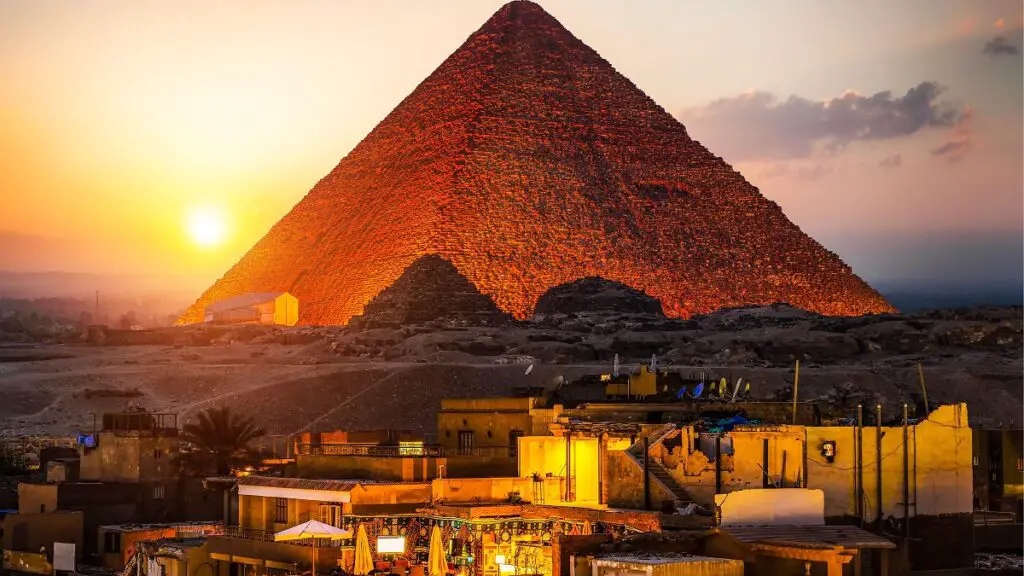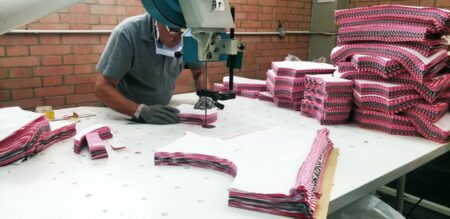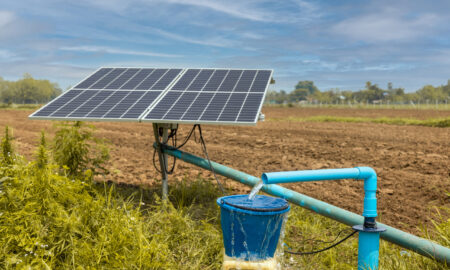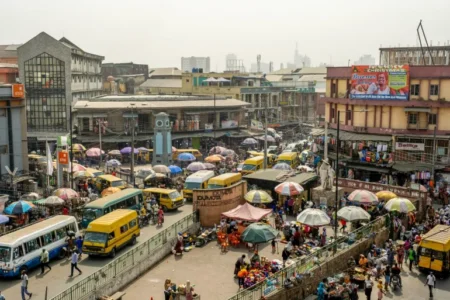The National Project for Developing the Egyptian Countryside is an initiative estimated to cost US$1.11 trillion. This project will impact at least 1,350,366 households. President Abdel Fattah al-Sisi said in January 2021 that the project would be completed in three years. US$519.28 million of the total funding will come from the International Fund for Agricultural Development (IFAD).
The government that took power in 2014 inaugurated a series of projects to reignite Egypt's economy. As a result, Egypt's planning minister, Hala al-Saeed, expects the country's economy to grow to 5.6 percent in the FY2021-22. Prime Minister, Mostafa Madbouly, referred to Haya Karima as an "icon" project that will help Egypt rebuild its economy and better the lives of more than half the population in Egypt.
[elementor-template id="94265"]











